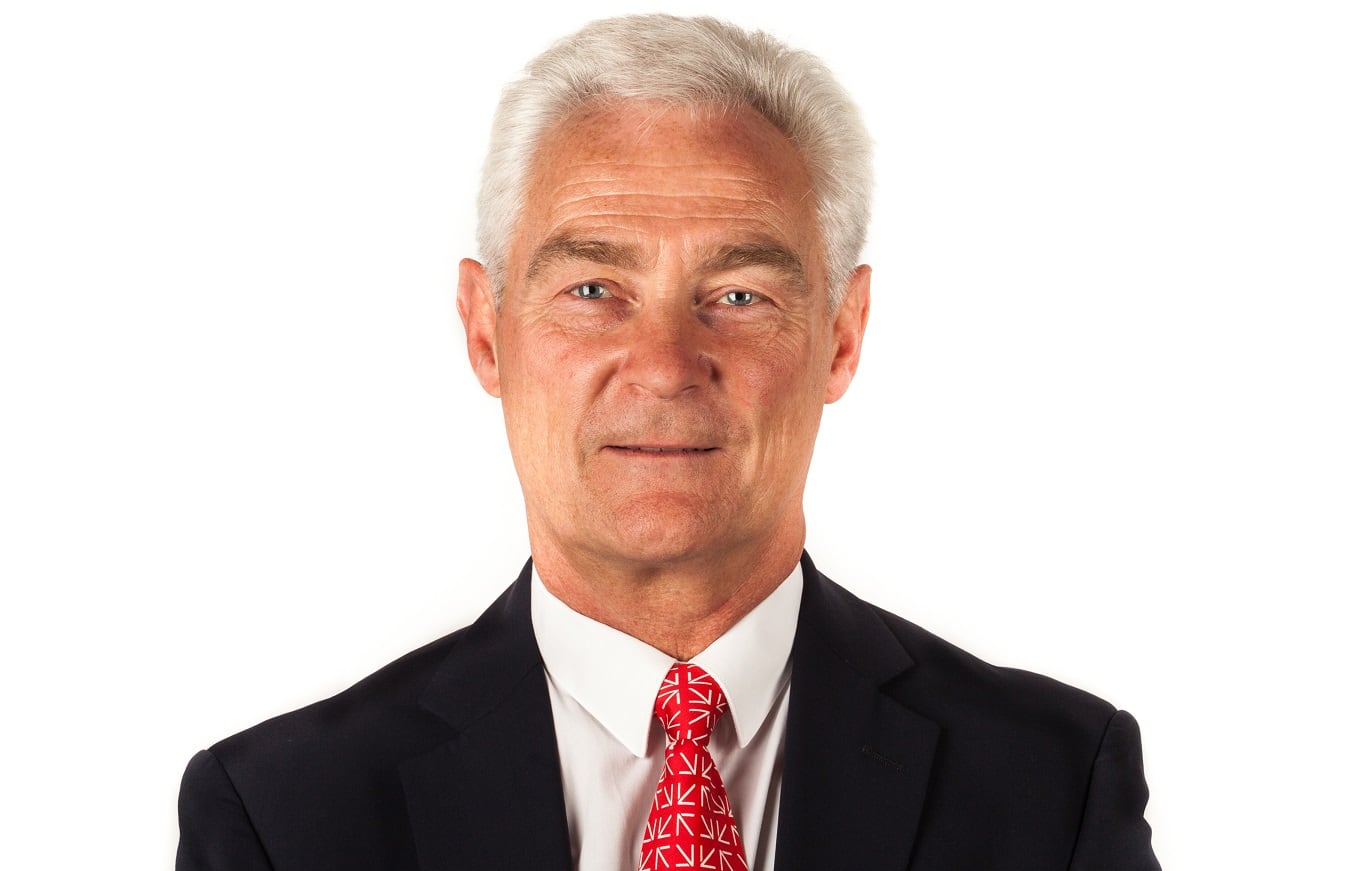That's according to the Food and Drink Federation (FDF), which today (24 February) released its sustainability-focused Ambition 2025 progress report. The document confirms that FDF members have achieved a 55% reduction in CO2 emissions against targets set in 2016, five years before those targets were due to be met.
Initially launched in 2016, the Ambition 2025 project aims to set achievable but hard-hitting sustainability targets for food and drink companies to reach in order to work towards a thriving and sustainable UK food and drink industry. The FDF undertook a review of the former targets and revised these, creating the Ambition 2025 mid-term report. As a result, it updated its ambitions on carbon, food waste and packaging to better reflect current UK and international targets, as well as other policy goals.
Speaking to Food Manufacture at the launch of the review, FDF head of climate change and energy policy Emma Piercy acknowledged most of the sustainability focus of food processors had so far been on scope 1 and 2 greenhouse gas emissions. These are emissions produced by companies' direct activities or from electricity purchased and used by them. "But actually when we look at the carbon footprint of manufacturing, scope 1 and 2 emissions is only about 15% of the footprint, so the major part of the roadmap will be looking at those scope 3 emissions." Scope 3 emissions occur from sources that companies do not own or control. These are usually the greatest share of the carbon footprint, covering areas such as business travel, procurement, waste and water.
"We're very much at the start of this project - we only signed contracts a couple of weeks ago, but I can say we're working with [sustainability advisors] 3Keel, who also did the BRC [British Retail Consortium] roadmap. 3Keel have worked with a number of organisations, also working with WRAP [Waste and Resources Action Programme].
Prioritising key ingredients
"There is a lot of work that WRAP is convening in terms of scope 3 emissions and that includes also looking at the international supply chain, so they are prioritising a number of key ingredients to start." Piercy said the focus on ingredients began three to four months ago.
On the use of hydrogen as a source of sustainable power, Piercy said: "The challenge we have with hydrogen for food and drink is that it's of most use in high grade heat requirements. For food and drink most requirements are for lower grade heat. We're looking more in terms of hydrogen in terms of direct fired ovens for example.
"When you come then to availability of hydrogen, the first areas will be the industrial clusters in the UK and the only industrial cluster where there's food and drink presence is in the north west. There's some scope for some food and drink involvement there and we are waiting with bated breath to see the first round of applications from the Industrial Energy Transformation Fund. We're keeping fingers crossed that there may be some food and drink in there."
Piercy said distilleries in Scotland had recently secured funding for use of hydrogen power. "One of our professional affiliates is working on that project."
However, in general work on food and drink manufacturers' energy use would focus on electricity and gas, she said.
Water consumption
Other notable achievements included the FDF’s work on water, it said. Between 2007 and 2019 its members reduced their absolute water consumption by more than one third (41.5%). The amount of water consumed per tonne of product was also reduced by 44.5% in the same period.
The report also highlights the contribution FDF members have made to reducing food waste, including the progress made under the UK Food Waste Reduction Roadmap. In addition, there has been substantial engagement with UK Governments on the packaging policy reforms alongside our ongoing support for the work of the UK Plastics Pact.
Commenting on the progress report and renewed targets set out in the Ambition 2025 Mid-Term report, FDF’s chief scientific officer Helen Munday said: “I am delighted to share these two reports more widely and highlight the excellent progress FDF members have already against the targets set. It’s incredible that we are half way to reaching the end of this project in 2025 and we are seeing our members fully achieve some of the targets we set out in 2016.
'Difficult year'
Munday acknowledged the past year had been difficult and that the report's data on achievements pre-dated the pandemic. On that basis, she told Food Manufacture it was impossible to gauge whether, or how much, the crisis had slowed progress on sustainability goals.
However, in her statement on the review she said: “Despite the difficult year the industry has faced, sustainability and environmental initiatives have remained at the forefront of our agenda and this is clearly seen in the progress being made.
"We of course know there is more to achieve which is why we undertook the mid-term review work, and can now present fresh, forward-thinking targets which we know our members our keen to embrace.”
'Greater levels of sustainability'
Environment minister Rebecca Pow MP, said: “We all need to play our part to protect and improve our environment. The food and drink sector’s commitment shows it is leading British business to greater levels of sustainability.
“The FDF’s support for the Courtauld 2025 targets and the UK Plastics Pact have the potential to make a real difference to how the nation uses its resources more sustainably and minimises waste, both vital to making progress in the Government’s 25 Year Environment Plan.
“The sector is setting an example to all businesses by supporting the Government’s commitment to a natural capital approach and reducing the UK’s environmental footprint overseas. It’s great to see progress made already and I look forward to seeing the industry take further steps in months and years ahead.”




